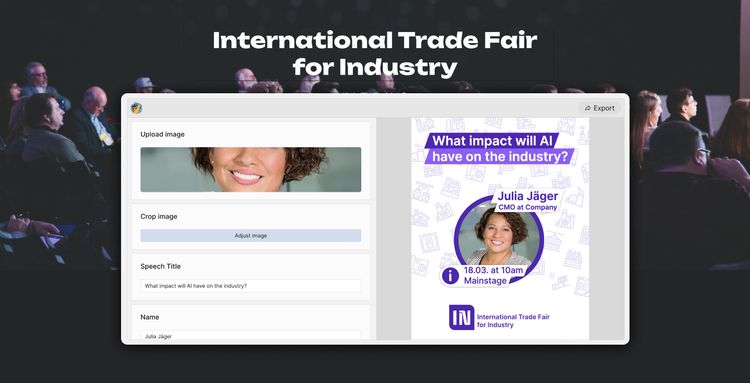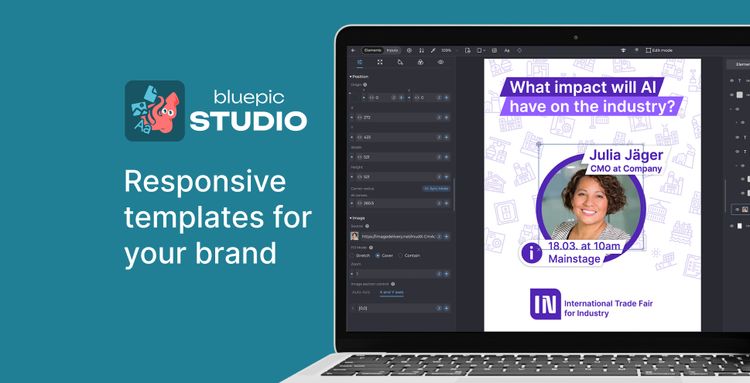Is Hiring a Content Creation Agency Worth It? Not Always...

Content creation agencies are external firms specializing in producing a wide range of digital content. They come in various forms, each specializing in different aspects of content creation. For instance, some agencies focus exclusively on digital marketing, offering services like social media management and online advertising. Others specialize in creating specific types of content, such as video production companies that craft engaging visual narratives or writing agencies dedicated to producing high-quality written content, including blogs, articles, and web copy.
Businesses often turn to these agencies for several reasons. Firstly, for companies lacking in-house expertise in certain areas of content creation, agencies provide immediate access to skilled professionals. This is particularly appealing for small to medium-sized businesses that may not have the resources to employ a full-time content creation team. Furthermore, agencies offer a level of scalability that's hard to match internally. During periods of high demand, an agency can ramp up content production without the long-term commitment of hiring additional staff.

Another reason businesses seek out agencies is for their fresh perspective and innovative ideas. Being external entities, they can provide unbiased viewpoints and creative solutions that might not be evident from within the organization. This outside-in approach can be invaluable in crafting unique and engaging content that stands out in a crowded digital space.
However, outsourcing content creation is not without its challenges. A major pain point is ensuring that the content aligns with the company’s brand voice and ethos. There's a risk that the content produced by an agency may not fully resonate with the existing customer base or accurately reflect the company’s values and objectives. Additionally, managing the workflow and communication between the company and the agency can be complex and time-consuming, requiring clear channels and consistent effort to align strategies and expectations.
Advantages of In-House Content Creation
The decision to keep content creation in-house carries a multitude of benefits that can be pivotal for a business’s long-term digital strategy. At the forefront of these advantages is the unparalleled brand alignment that an in-house team can provide. Unlike external agencies, your own team lives and breathes the company's culture and ethos daily. This intimate understanding translates into content that not only speaks in the brand's voice but also embodies its values and resonates deeply with its target audience. Whether it’s the subtleties of brand messaging or the nuances of customer engagement, an in-house team can navigate these aspects with a level of authenticity and accuracy that is hard for external agencies to replicate.

Another significant advantage is the control and flexibility that comes with managing content creation internally. In-house teams can rapidly respond to market changes, customer feedback, and company developments, allowing for a more dynamic and adaptive content strategy. This agility ensures that content remains relevant, timely, and aligned with the current marketing goals and audience needs. It also enables a more experimental approach, where the team can trial new content formats or strategies without the constraints or delays often encountered when working with external parties.
Moreover, in-house content creation fosters a stronger collaboration across different departments within the company. When marketing teams work closely with sales, customer service, or product development teams, the content produced is more comprehensive and insightful. This collaboration leads to a more cohesive brand narrative across all channels and touchpoints, enhancing the overall customer experience and brand perception.
While developing an in-house team requires an initial investment in recruitment, training, and resource allocation, the long-term benefits often outweigh these upfront costs. An in-house team, once established, can lead to cost savings over time. By reducing the dependency on external agencies, businesses can better manage and predict their content creation budgets. Additionally, having dedicated staff allows for the accumulation of company-specific knowledge and skills, which become valuable assets to the organization.

Furthermore, in-house content creation offers opportunities for employee growth and satisfaction. Team members can develop a broader skill set, engage in creative exploration, and feel a greater sense of ownership and connection to the company's success. This can lead to improved employee morale and retention, further adding to the in-house team's value.
The Balance of Quality and Authenticity
Navigating the balance between quality and authenticity is a key aspect of in-house content creation. Authenticity often comes naturally; teams deeply understand their brand's ethos, ensuring content that genuinely resonates with the audience. However, maintaining consistent quality is where the challenge lies.
Quality in content spans accuracy, relevance, and professional presentation. It’s crucial to invest in team training for skills like writing, graphic design, and video production, and to stay updated on digital marketing trends. Using the right tools – content management systems, SEO tools, and design software – also elevates content quality.
Setting up a content review process is vital. Regular feedback and audits help keep the content aligned with industry standards and the brand's marketing goals. Encouraging diverse perspectives from various departments enriches content relevance, making it more valuable to the audience.
Cost Implications
When comparing the costs of in-house content creation and hiring an agency, it's crucial to consider both short-term expenses and long-term value. Agencies, while offering immediate expertise and broad skills, typically come with higher fees. These costs include not just the production of content but also the agency's overheads and profit margins.
In contrast, building an in-house team can be more cost-effective over time. The initial investment in hiring and training might seem substantial, but it eventually leads to savings. With an in-house team, you avoid ongoing external agency fees and gain more control over your content budget. This approach also allows for more predictable financial planning in terms of content production.
However, it's important to acknowledge the hidden costs of in-house content creation, such as the time and resources spent on managing the team and the ongoing need for training and technology. Despite these factors, an in-house approach often results in a better return on investment, especially when considering the long-term benefits of brand consistency and the ability to rapidly adapt content to changing market needs.
Integrating Tools like Bluepic for Enhanced Efficiency
For businesses leaning towards in-house content creation, tools like Bluepic offer a solution to maintain high-quality and consistent branding across all content. Bluepic, a web-based graphic template software, is designed to streamline the design process, ensuring brand consistency across various platforms.
Bluepic's value lies in its ability to simplify complex design tasks. Its adaptive, restrictive templates allow team members with varying levels of design expertise to create professional-looking content that adheres to brand guidelines. This uniformity is crucial for maintaining a cohesive brand image, especially when content is being produced by a diverse team.
Moreover, features like Bluepic Social facilitate team-based template sharing and collaboration, fostering a more cohesive and efficient content creation process.
Incorporating a tool like Bluepic empowers businesses to maintain high-quality content standards while maximizing the potential of their in-house team. It bridges skill gaps, enhances creativity, and ensures that all content reflects the brand’s identity, making it an indispensable asset for businesses looking to excel in in-house content creation.



